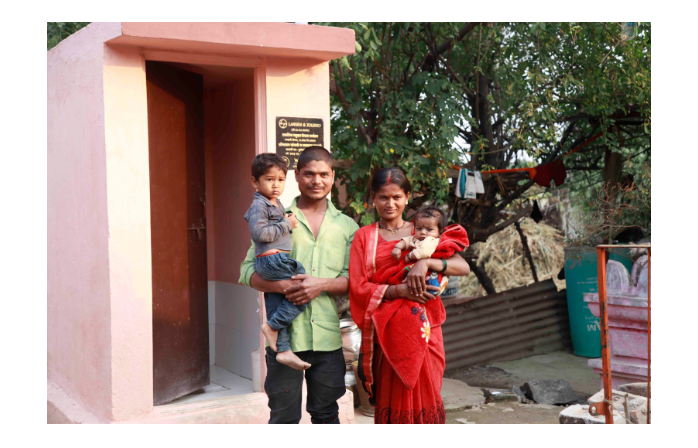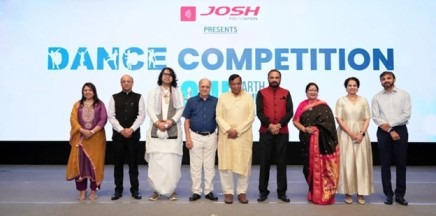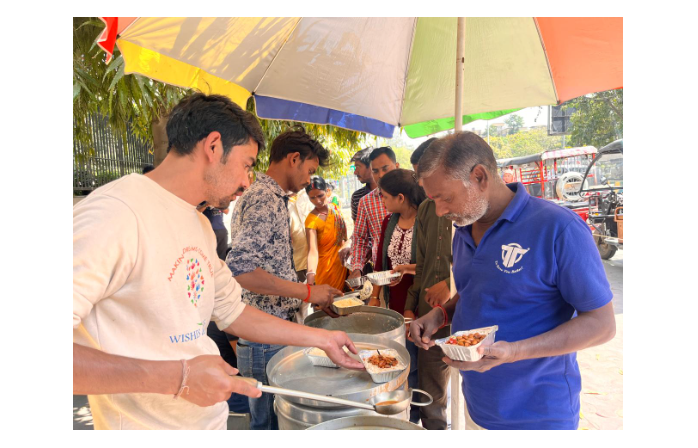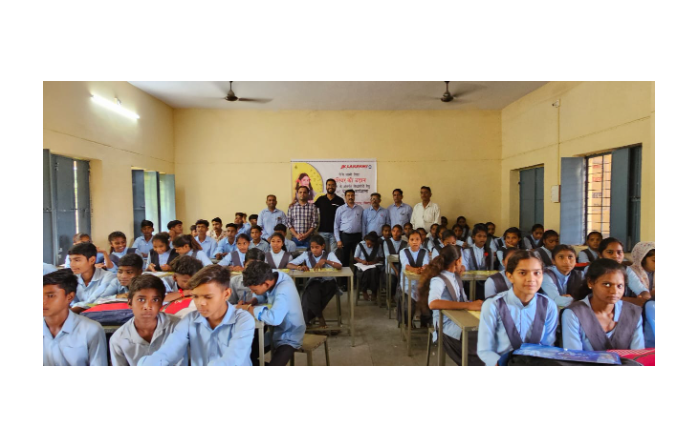CSR Project Vidya by L&T Trust and NGOs Brings Online Education to 23,000 Rural Kids
By- NGOBOX
September 4, 2024
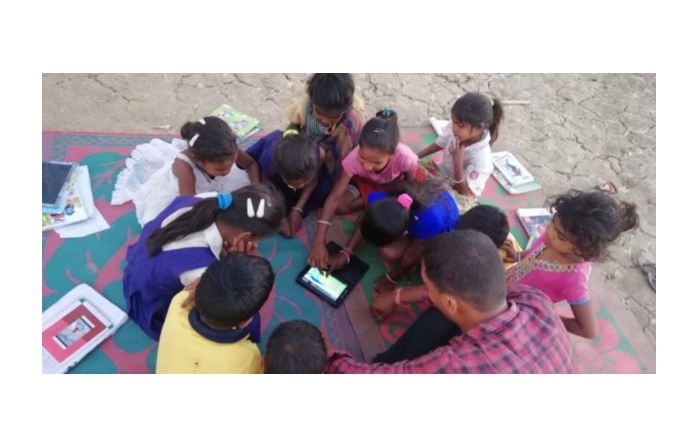
L&T
Amid the unprecedented challenges posed by the COVID-19 pandemic, India\'s education sector faced significant disruptions, with schools and academic institutions forced to close their doors. This sudden halt particularly affected students from underprivileged backgrounds, who found themselves at risk of losing access to education.
However, in the face of this crisis, the Larsen and Toubro Public Charitable Trust (LTPCT) took decisive action with its flagship CSR program, \'Vidya,\' to ensure that education for rural underprivileged children remained uninterrupted.
The Vidya Project: Bridging the Digital DivideUnderstanding the severe impact of the digital divide worsened by the pandemic, LTPCT partnered with SAP\'s CODE Unnati, a corporate-to-citizen digital literacy and IT skills development initiative. This collaboration aimed to harness technology and community engagement to reach underprivileged children across various rural areas in India.
Two renowned NGOs, Pratham Education Foundation and Agastya Foundation, joined forces with LTPCT, bringing their expertise in education to conduct digital learning activities and science education programs during the most challenging periods of the pandemic and lockdown.
Innovative Approaches to Continuing EducationProject Vidya adopted a multifaceted approach to ensure that the education of 23,000 underprivileged children continued without disruption. Key initiatives included:
Online Summer Camps and Radio ProgramsTo keep students engaged and learning, Project Vidya organized online summer camps and unique radio programs for tribal students in the remote Talasari block of Maharashtra\'s Palghar district. These innovative methods allowed students to continue their education despite the physical constraints imposed by the pandemic.
Digital Education and Science ProgramsProject Vidya extended its reach by delivering innovative science education programs in regions such as Talasari, Ahmednagar, and Talegaon in Maharashtra; Kharel, Navsari, Hazira, Surat, and Vadodara in Gujarat; Visakhapatnam in Andhra Pradesh; Faridabad in Haryana; and Coimbatore in Tamil Nadu.
In Gujarat, the project also provided online classes for advanced 10th-grade students, ensuring they stayed on track for crucial examinations.
Parental Engagement and Community InvolvementA cornerstone of Project Vidya\'s success was its parental engagement model, particularly in Talasari. This model involved appointing \'Cluster Resource Persons\' (CRP) and Sancharaks, who were either mothers or young graduates from the local community.
These individuals were trained in early childhood content, parenting, counseling, and digital education, providing vital support to families through calls and home visits. By leveraging WhatsApp groups, the CRPs and Sancharaks facilitated virtual summer camps, assigning tasks to students in the morning and reviewing their work by the end of the day.
These camps focused on craft activities and simple science experiments, offering children a fun and engaging learning experience.
Teacher Training and Educational ResourcesRecognizing the importance of equipping educators with the necessary skills and resources, Project Vidya conducted a Teacher Training Program in Gujarat, covering seven talukas and reaching over 700 teachers.
Additionally, the project created educational videos for 10th-grade students, explaining complex topics such as electromagnetism, the human brain, and various chemical reactions, ensuring that students received high-quality instruction.
Engaging Activities and InitiativesProject Vidya went beyond traditional educational methods by incorporating engaging activities and initiatives. In Ahmednagar, the team shared captivating stories from the lives of scientists, sparking curiosity and inspiration among underprivileged students.
The Ahmednagar and Talegaon teams also participated in the Youth Challenge, organized by UNICEF and Design for Change, encouraging students to explore their creativity and problem-solving skills.
In Coimbatore, the Vidya team conducted COVID-19 safety precaution activities, including mask-making and proper hand-washing techniques, ensuring that children were aware of essential safety measures during the pandemic.
Additionally, character development activities were organized for the local community, fostering holistic growth and personal development.
Impact CreatedThe impact of Project Vidya during the COVID-19 pandemic was nothing short of commendable. By leveraging technology, fostering collaborations with NGOs, and employing innovative approaches, LTPCT ensured that the education of over 23,000 rural underprivileged children continued uninterrupted. The project\'s success underscores the power of corporate social responsibility and the positive impact that can be achieved when organizations prioritize the well-being of society.
Through initiatives like online summer camps, digital education, parental engagement, teacher training programs, and engaging activities, Project Vidya not only maintained the continuity of learning but also fostered a sense of community and support during a time of uncertainty and isolation.
The innovative approaches, such as the parental engagement model and the involvement of local community members, ensured that education reached even the most remote areas, bridging the digital divide.
The Teacher Training Program and the creation of educational resources equipped educators with the essential tools and skills to deliver effective online education, ensuring that learning remained a priority.
By incorporating storytelling, science experiments, and character development programs, Project Vidya nurtured the holistic development of the children, fostering their curiosity, creativity, and personal growth. The project\'s success highlights the importance of bridging the digital divide and providing equal educational opportunities to underprivileged children, regardless of their socio-economic backgrounds.
Future AheadProject Vidya\'s impact during the COVID-19 pandemic showcases the power of collaboration, innovation, and true social responsibility.
By leveraging technology and fostering partnerships with NGOs and local communities, LTPCT ensured that the education of over 23,000 rural underprivileged children remained uninterrupted, demonstrating the significant positive impact that can be achieved when organizations prioritize the well-being of society.
Source

India's largest platform for NGOs and social sector professionals. Bringing together jobs, grants, fellowships and more.
© Renalysis Consultants Pvt Ltd



.jpg)

